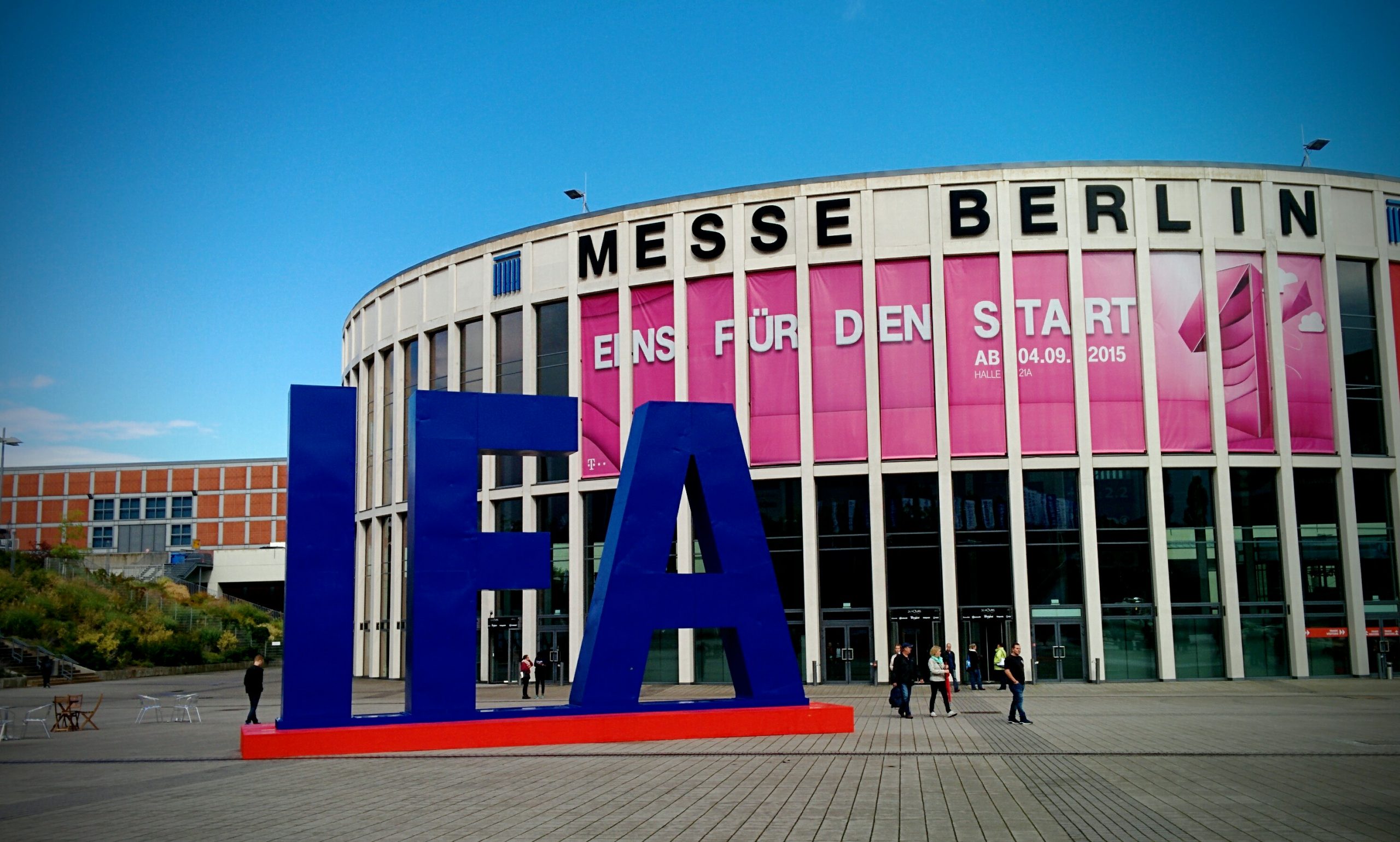advertisement
IFA projects future mobile phones
Internationale Funkausstellung Berlin (IFA) 2017 has projected the future of mobile to comprise Cloud AI and On-Device AI. Following a…

Internationale Funkausstellung Berlin (IFA) 2017 has projected the future of mobile to comprise Cloud AI and On-Device AI.
Following a recent six day conference, IFA confirmed its role as the leading showcase for the global technology industry Cloud AI and On-Device AI are future of mobile with more work needed for user experience.
According to Richard Yu, CEO of Huawei Consumer Business Group the future of artificial intelligence follows the launch of Kirin 970 that sets pace of a new era in smartphone innovation.
advertisement
According to a press statement, the company is lined to achieve the mobile AI by combining the power of the cloud with the speed and responsiveness of native AI processing.
“As we look to the future of smartphones, we’re at the threshold of an exciting new era. Huawei is committed to turning smart devices into intelligent devices by building end-to-end capabilities that support coordinated development of chips, devices, and the cloud,” Yu said.
Huawei is committed to turning smart devices into intelligent devices by building end-to-end capabilities that support coordinated development of chips, devices, and the cloud. The ultimate goal is to provide a significantly better user experience.
“The Kirin 970 is the first in a series of new advances that will bring powerful AI features to our devices and take them beyond the competition,” Yu added.
advertisement
The Kirin 970 is powered by an 8-core CPU and a new generation 12-core GPU. Built using a 10nm advanced process, the chipset packs 5.5 billion transistors into an area of only one cm².
Huawei’s new flagship Kirin 970 is Huawei’s first mobile AI computing platform featuring a dedicated Neural Processing Unit (NPU). Compared to a quad-core Cortex-A73 CPU cluster, the Kirin 970’s new heterogeneous computing architecture delivers up to 25x the performance with 50x greater efficiency.
Simply put, the Kirin 970 can perform the same AI computing tasks faster and with far less power. In a benchmark image recognition test, the Kirin 970 processed 2,000 images per minute, which was faster than other chips on the market.